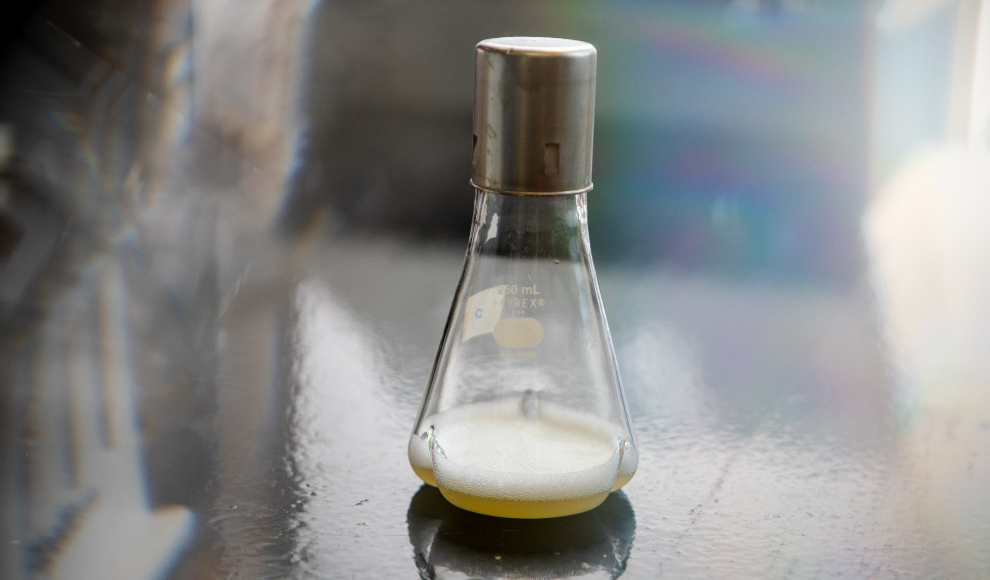Scientists at the University of California in Berkeley and the University at Buffalo have developed a method to produce biofuels from genetically modified Escherichia coli bacteria. The bacteria are able to synthesise molecules that can be converted into olefins, a group of hydrocarbons that include the building blocks of plastics and are also found in gasoline. The researchers inserted genes for four additional enzymes into the bacteria, which allowed them to produce hydroxy fatty acids from sugar with high efficiency. These acids were then converted into olefins using chemical catalysts. The resulting biofuels are considered sustainable because the plant-based sugar used in their production removes CO2 from the atmosphere during photosynthesis.
The researchers believe that the process could be used to produce olefins directly from glucose, and that biofuels made from renewable resources such as plant sugars have the potential to advance green technologies. However, the process is still in its early stages of development, and the yield of olefins is currently relatively low at around 8%. It is unclear whether the method can be used on an industrial scale.
The use of bacteria to produce biofuels is not new, but the researchers believe that their method is more efficient than previous attempts. The bacteria used in the study were genetically modified to produce hydroxy fatty acids, which are then converted into olefins using chemical catalysts. The resulting biofuels are considered sustainable because the plant-based sugar used in their production removes CO2 from the atmosphere during photosynthesis. The researchers believe that the process could be used to produce olefins directly from glucose, and that biofuels made from renewable resources such as plant sugars have the potential to advance green technologies. However, the process is still in its early stages of development, and the yield of olefins is currently relatively low at around 8%. It is unclear whether the method can be used on an industrial scale.
Despite these limitations, the researchers believe that their method could be used to produce biofuels that are both sustainable and cost-effective. They also believe that the process could be used to produce other chemicals and materials, such as plastics, from renewable resources. The researchers plan to continue their work on the process, with the aim of improving its efficiency and scalability.










